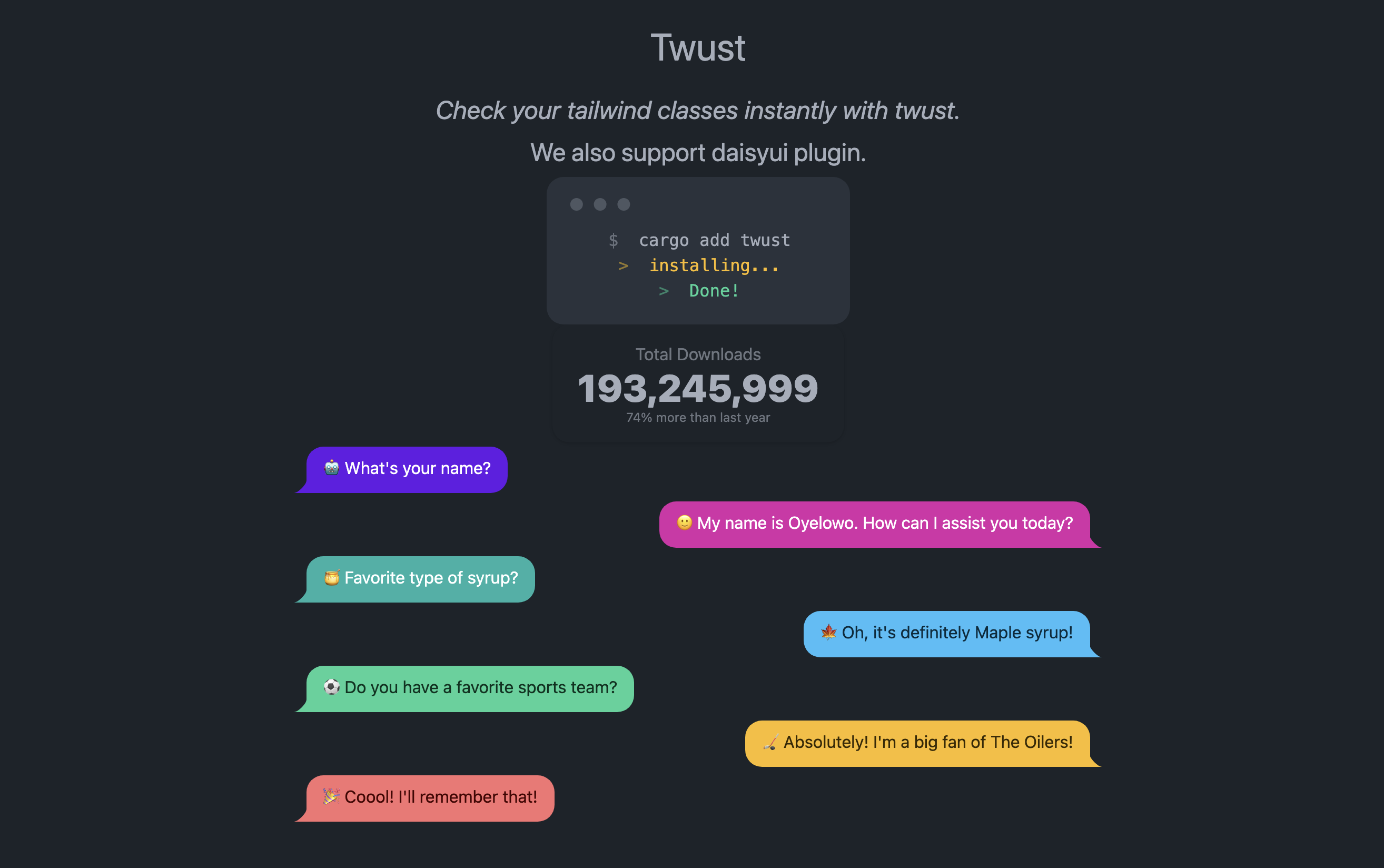envious allows you to deserialize your serde enabled structs from environment variables.
See it in action:
use serde::{Deserialize, Serialize};
#[derive(Serialize, Deserialize, Debug)]
enum StaircaseOrientation {
Left,
Right,
}
#[derive(Serialize, Deserialize, Debug)]
struct Config {
target_temp: f32,
automate_doors: bool,
staircase_orientation: StaircaseOrientation,
}
let config: Config = envious::from_env(envious::Prefix::None).expect("Could not deserialize from env");
With the following environment variables:
EXPORT target_temp=25.0
EXPORT automate_doors=true
EXPORT staircase_orientation=Left
it will parse it from the environment and give you a Rust struct you can use in your application.
Note: The environment variables are case sensitive! This is due to how
serdeworks internally. If you want your structs to use SCREAMING_SNAKE_CASE, then be sure to use the#[serde(rename_all = "SCREAMING_SNAKE_CASE"]annotation on all concerned structs.
envious also supports the ability to only take in prefixed environment variables by passing in a envious::Prefix::Some("<prefix string>"). This will strip it before processing them further.
Getting Started
To use envious simply add it to your Cargo.toml with:
cargo add envious
and deserialize from your environment with envious::from_env!
- Tuple Enum Variants can currently not be longer than one element!
- Ordering of arrays is highly sensitive to environment order
- No ordering is currently done, and the ordering depends on how the operating system propagates variables
How deserialization works
The mapping between environment variables and the serde model is as follows:
Nested fields are seperated by __ in their names
For example, if you have the following struct:
use serde::{Deserialize, Serialize};
#[derive(Serialize, Deserialize)]
struct Radiator {
min_temp: f32,
max_temp: f32,
}
#[derive(Serialize, Deserialize)]
struct Config {
target_temp: f32,
radiator: Option<Radiator>
}
You can deserialize Config with the following variables:
export target_temp=21.0
export radiator__min_temp=15.0
export radiator__max_temp=30.0
Arrays are serialized using nested fields with the individual keys being discarded
Arrays are represented as anonymous structs, with the 'fields' being the individual elements.
A more complex example could look like this:
use serde::{Deserialize, Serialize};
#[derive(Serialize, Deserialize)]
enum Material {
Wood,
Plastic,
}
#[derive(Serialize, Deserialize)]
struct Door {
width: f32,
height: f32,
material: Material,
}
#[derive(Serialize, Deserialize)]
struct House {
age: u32,
entrance_doors: Vec<Door>,
}
Now, to deserialize a House we can set the following variables:
export age=120
export entrance_doors__0__width=100
export entrance_doors__0__height=100
export entrance_doors__0__material="Wood"
export entrance_doors__1__width=200
export entrance_doors__1__height=120
export entrance_doors__1__material="Plastic"
export entrance_doors__foo__width=400
export entrance_doors__foo__height=20
export entrance_doors__foo__material="Plastic"
As you can see, the individual 'keys' of the array do not matter! The same key refers to the same object though.
Unit enums variants (without fields), are serialized from strings
As you can see in the example above, the Material enum gets simply deserialized from the name of the variant. Be careful about upper/lower case Serde expects per-default that the case is exactly the same!
Complex enum variants are serialzed just like structs
Per default serde uses external tagging for more complicated enum variants. Tuple enums are currently only supported with a single value.
To see what this means, lets take this enum as an example:
use serde::{Deserialize, Serialize};
#[derive(Serialize, Deserialize)]
enum Shape {
Rectangle { width: f32, height: f32 },
Circle(f32),
Nothing,
}
#[derive(Serialize, Deserialize)]
struct Config {
expected_shape: Shape,
}
To deserialize Config here, we can use the following variables:
export expected_shape__Rectangle__width=50.0
export expected_shape__Rectangle__height=10.0
// OR
export expected_shape__Circle=15.0
// OR
export expected_shape=Nothing
Any of these sets of variables would give you the expected outcome.
Should you change the tagging of your struct, be sure to adapt the given variables.
License
envious is licensed under MIT or Apache 2.0, as you wish.
Contributing
To contribute to envious you can:
- Open up issues with ideas, remarks, bug reports, etc...
- Fork and implement new features and send them in as pull requests
- Leave it a Star and spread the word! ;)








